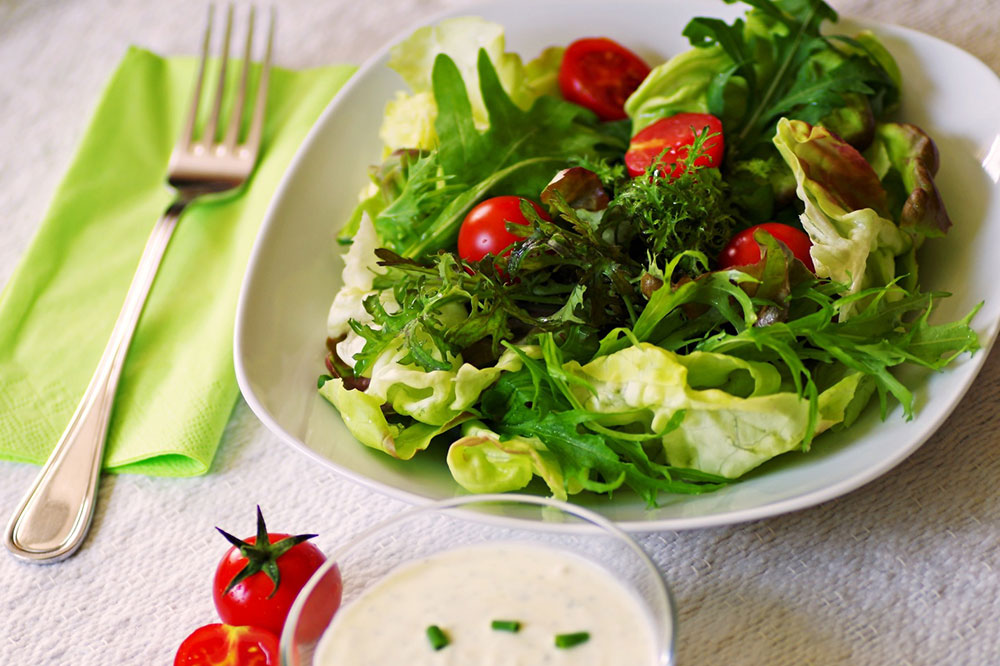
Do’s and Don’ts of the Keto Diet
Keto diets are rapidly gaining popularity among people looking to explore an alternative diet that doesn’t necessarily put them through a strict food regime. It involves a simple substitution of foods in one’s daily diet that helps the body achieve ketosis and enable weight loss. However, this diet must be planned carefully and adhered to strictly to achieve the desired results. Following are some dos and don’ts of keto dieting one must know.
- Planning a proper diet
Foods that are rich in fatty animal proteins, natural fats, oils, and vegetables are part of a normal ketogenic diet. These include eggs, fatty dairy products, unprocessed meats such as chicken, pork, beef, fatty fish like salmon, and most cruciferous vegetables. Notice how this list mainly consists of foods that are extremely low on carbohydrates? That is because the long-term goal of keto is to lose weight by eliminating foods rich in carbs and including more animal fat and proteins. - Regular blood glucose checkups
Foods aside, regularly checking one’s blood glucose levels is among the important dos and don’ts of keto dieting. For the body to be able to achieve ketosis, one must strive to naturally maintain optimum blood glucose levels. The effects of fasting, changes in diet to incorporate or exclude foods, and even underlying medical conditions like diabetes can affect blood glucose levels in the body. Daily monitoring helps one make necessary changes in their routine. - Eating three meals a day
The number of meals per day plays a crucial role in achieving ketosis. In fact, nutritionists recommend keeping it simple and having just three meals a day to achieve one’s weight loss goals. The body must be supplemented with enough food spread out evenly to make up for the loss of carbohydrates (main energy source). Three full meals a day ensure that the body gets all the fuel it needs to sustain normal bodily functions. - Staying hydrated
Drinking water is one of the most essential dos of keto dieting. Hydration is key to helping one’s body achieve weight loss. Water also helps flush out the toxins in one’s body and supports blood circulation. Nutritionists recommend a minimum of eight glasses for adults. - Avoid processed and low-fat foods
Just because keto diet allows the consumption of fatty foods, one should not indulge in unhealthy trans, processed, and saturated fats. Healthy fats from meats, nuts, and dairy make up the nutritional value necessary for strong immunity and simultaneously achieve ketosis. Also, avoid the consumption of low-fat foods by choosing wholesome sources of grains, dairy, and vegetables.
One can explore the dos and don’ts of keto dieting according to their convenience. It is never healthy to force the body unnaturally as what works for one person may not necessarily work for another.



